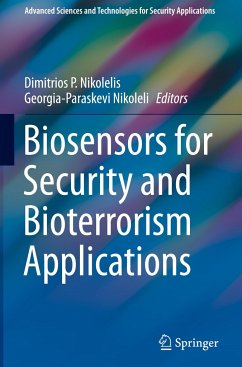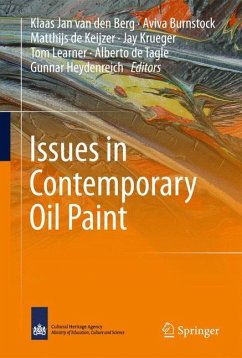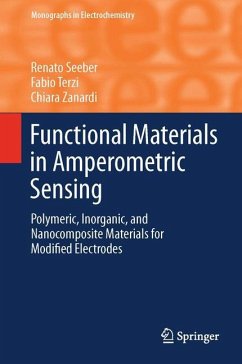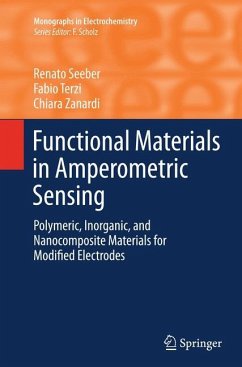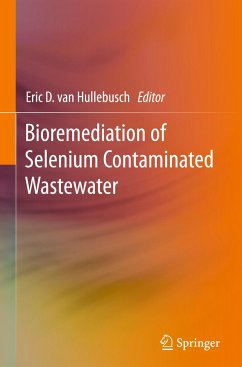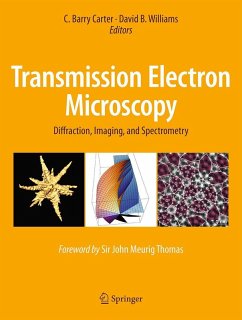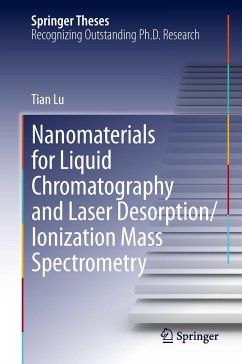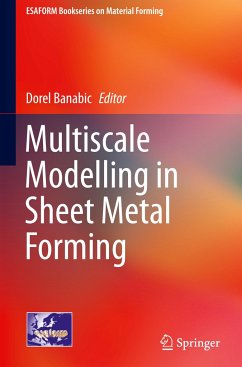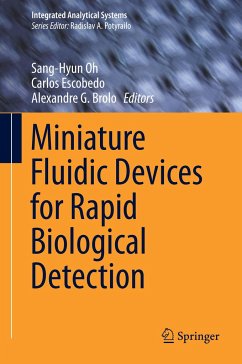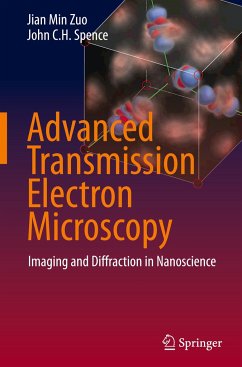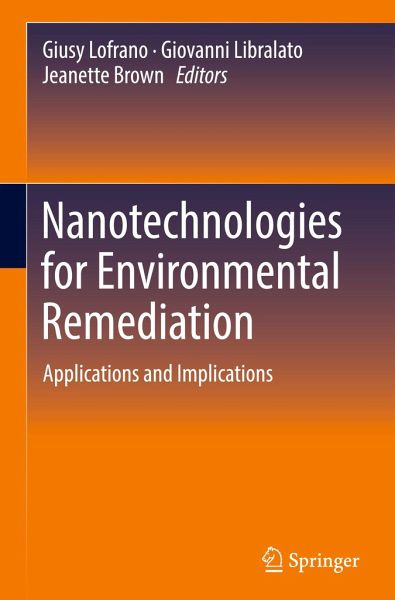
Nanotechnologies for Environmental Remediation
Applications and Implications
Herausgegeben: Lofrano, Giusy; Libralato, Giovanni; Brown, Jeanette

PAYBACK Punkte
61 °P sammeln!
In this book discussing the principles of green chemistry and green engineering an international team of investigators present significant recent developments in applying nanoscience, nanoengineering, and nanotechnology to the area of environmental remediation. The opening chapters introduce candidate nanomaterials, properties, mechanisms that enable the applications, the advantages and limitations compared to existing processes and commercial research requirements. It then explores the detection and application of nanomaterials in photocatalytic processes and as adsorbents, and also covers th...
In this book discussing the principles of green chemistry and green engineering an international team of investigators present significant recent developments in applying nanoscience, nanoengineering, and nanotechnology to the area of environmental remediation. The opening chapters introduce candidate nanomaterials, properties, mechanisms that enable the applications, the advantages and limitations compared to existing processes and commercial research requirements. It then explores the detection and application of nanomaterials in photocatalytic processes and as adsorbents, and also covers the effect of nanoparticles in the activated sludge process. Later chapters focus on the effects of nanoparticles on crops, the risks associated with the presence of nanoparticles in the environment, and lastly the environmental effects of nanoscale zero-valent iron (nZVI) on land remediation.
This timely, multi-author contributed volume is aimed at students, technicians, and academics interested in the role, risks and benefits of nanotechnology in modern environmental contexts.
This timely, multi-author contributed volume is aimed at students, technicians, and academics interested in the role, risks and benefits of nanotechnology in modern environmental contexts.



